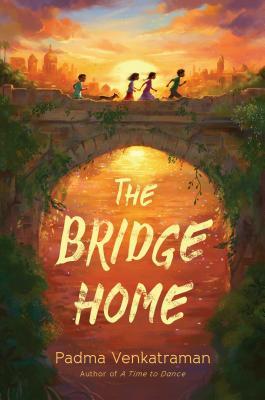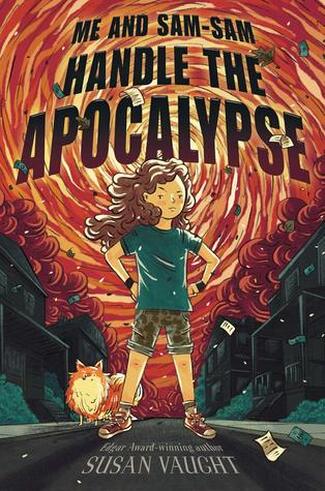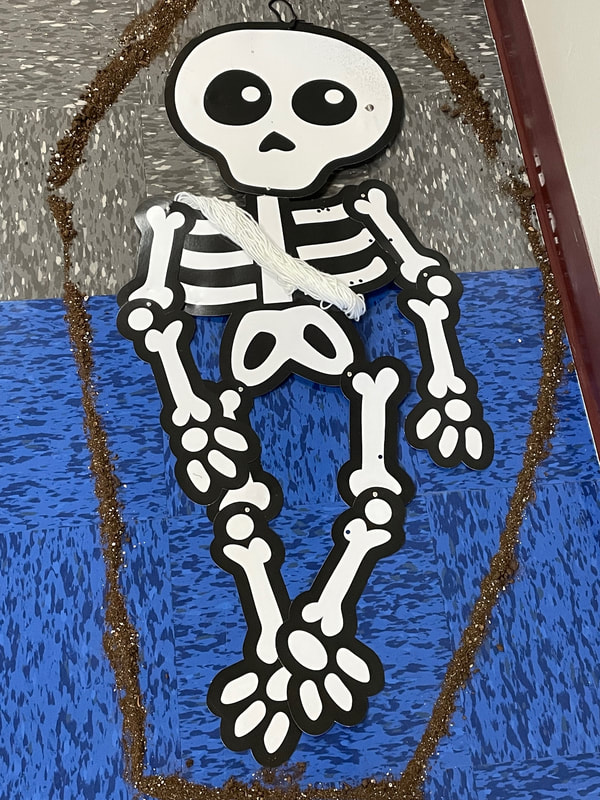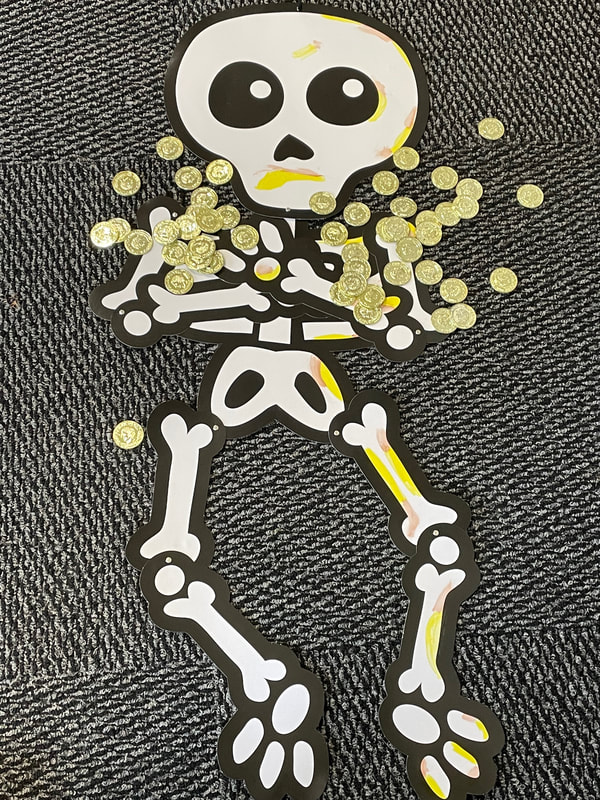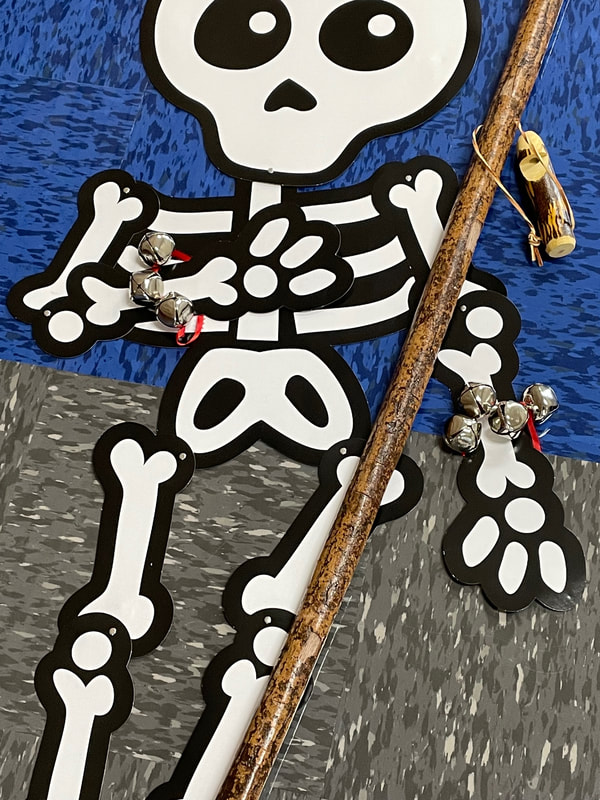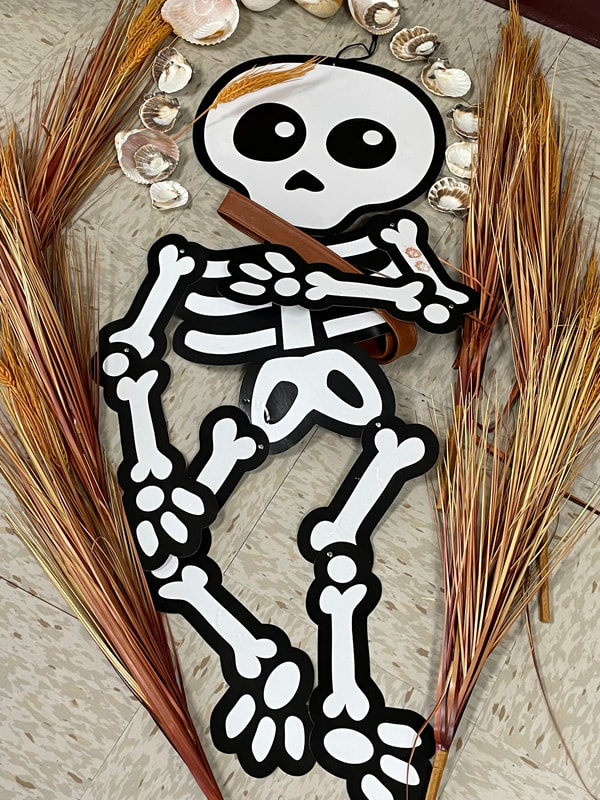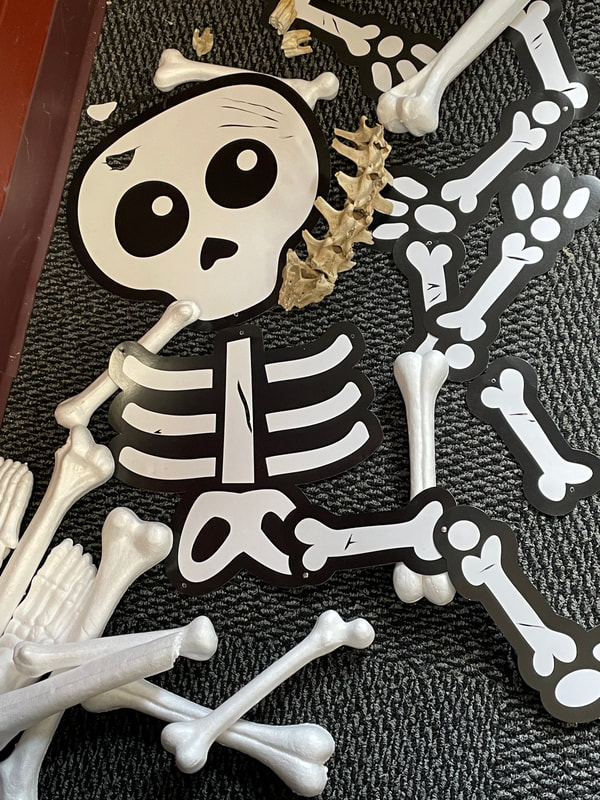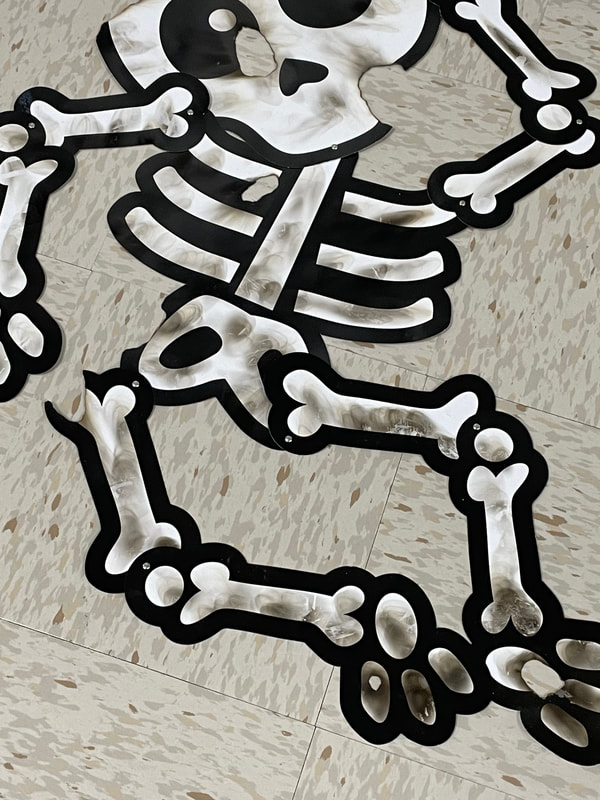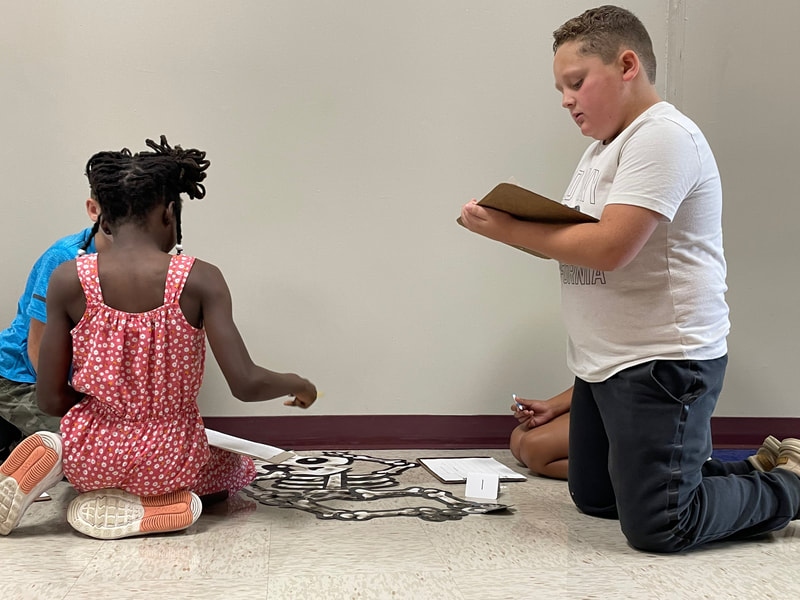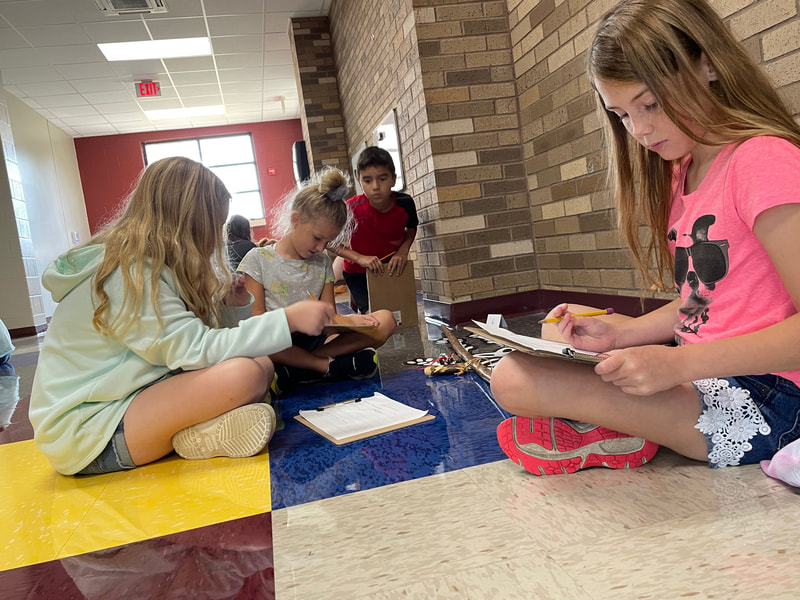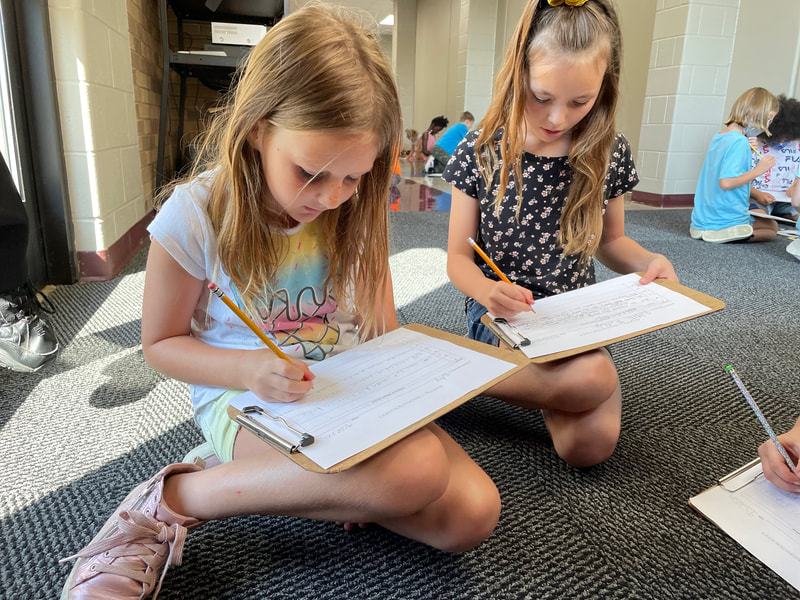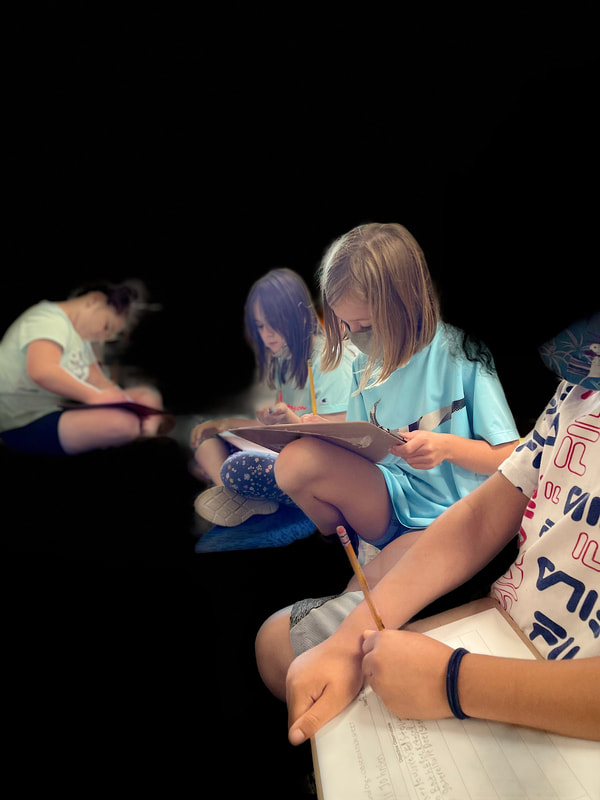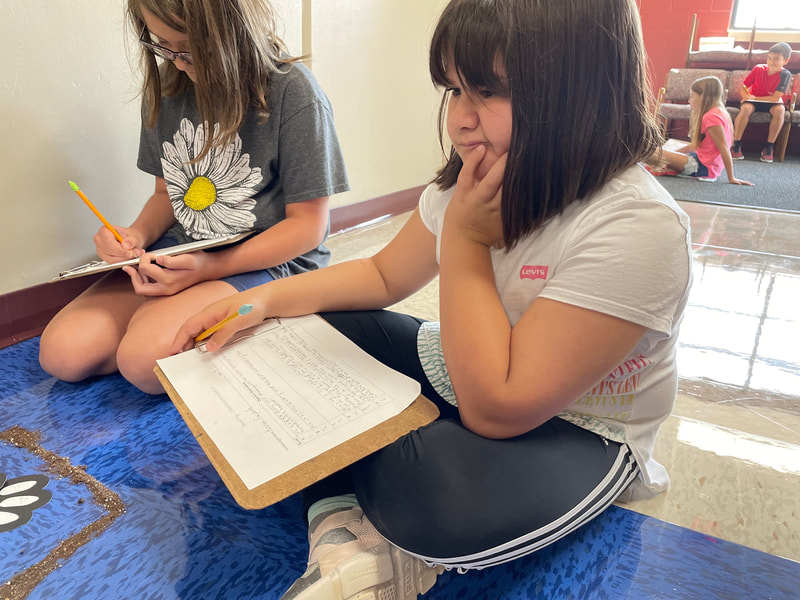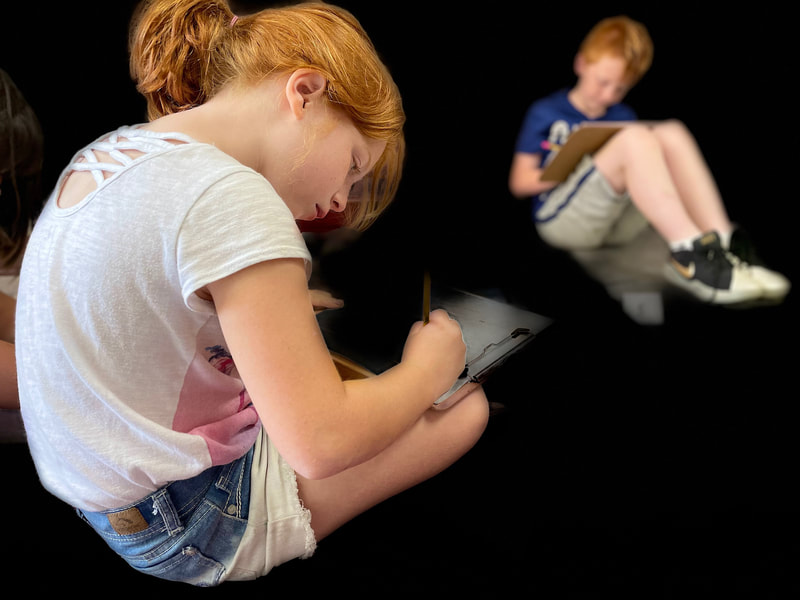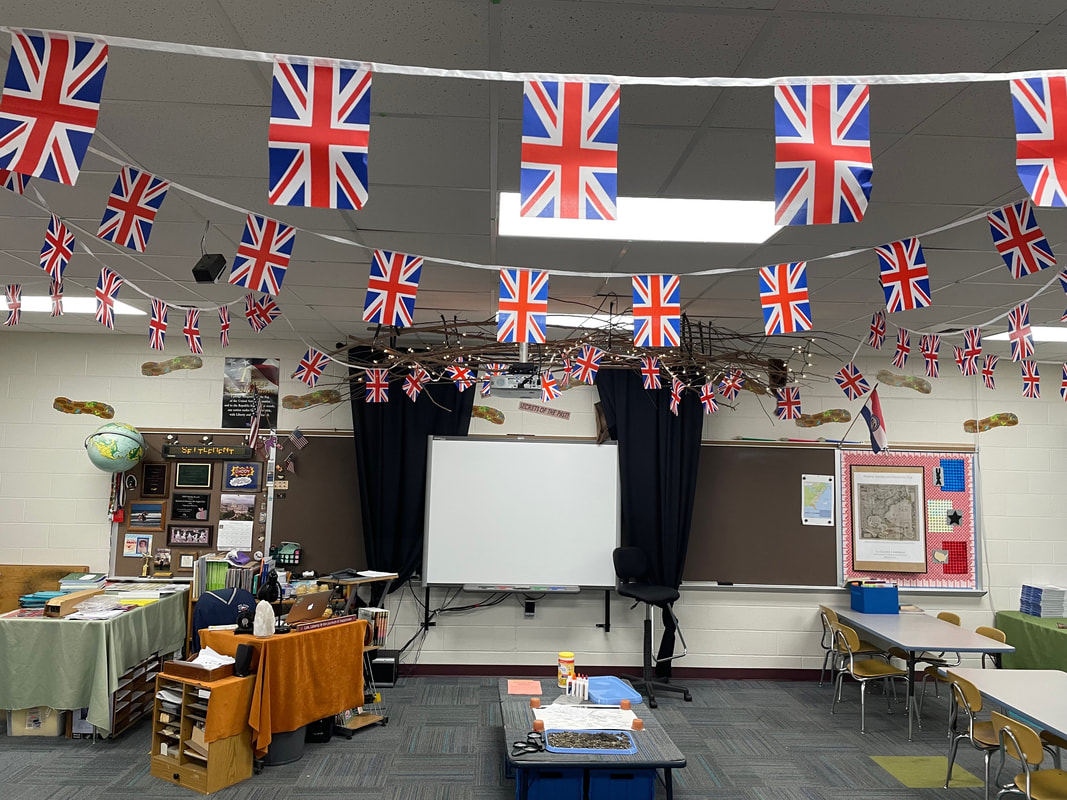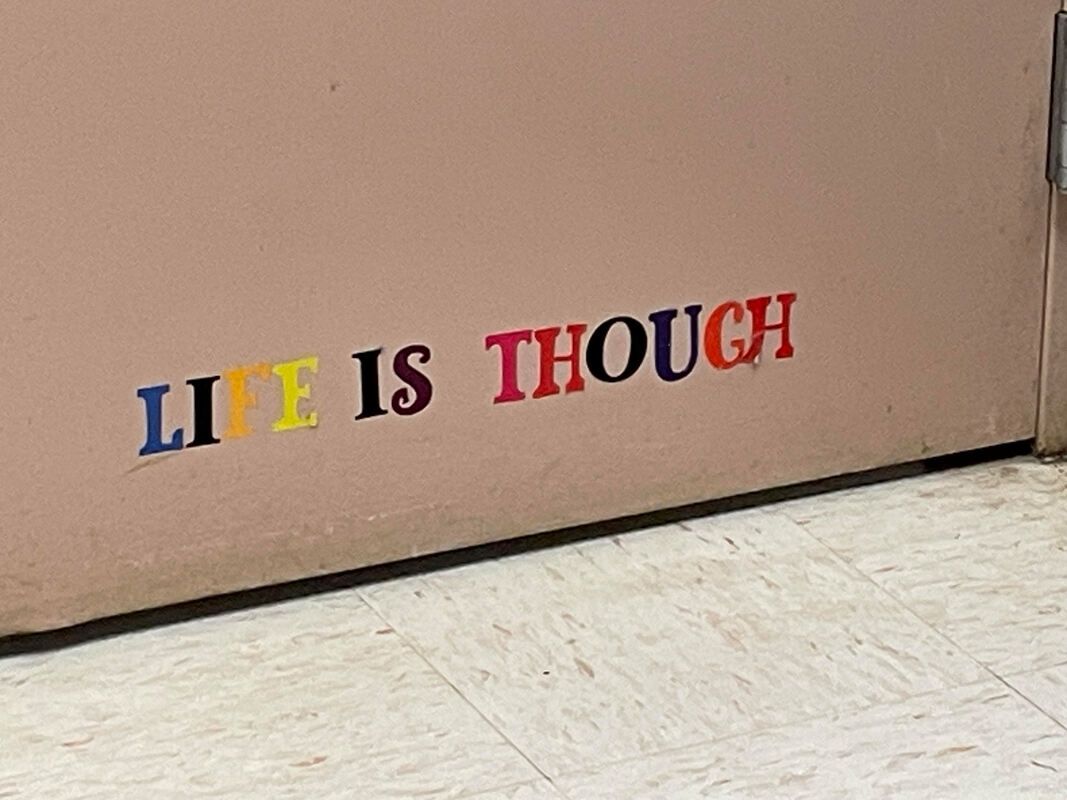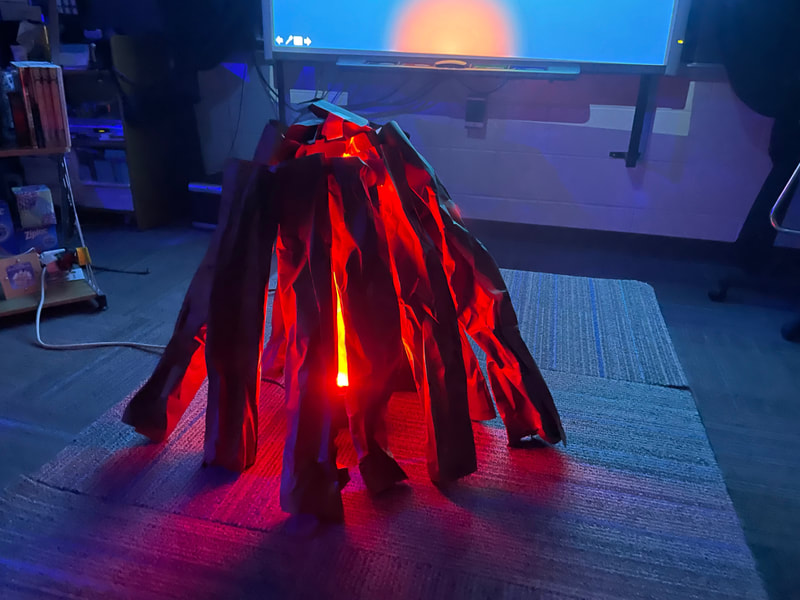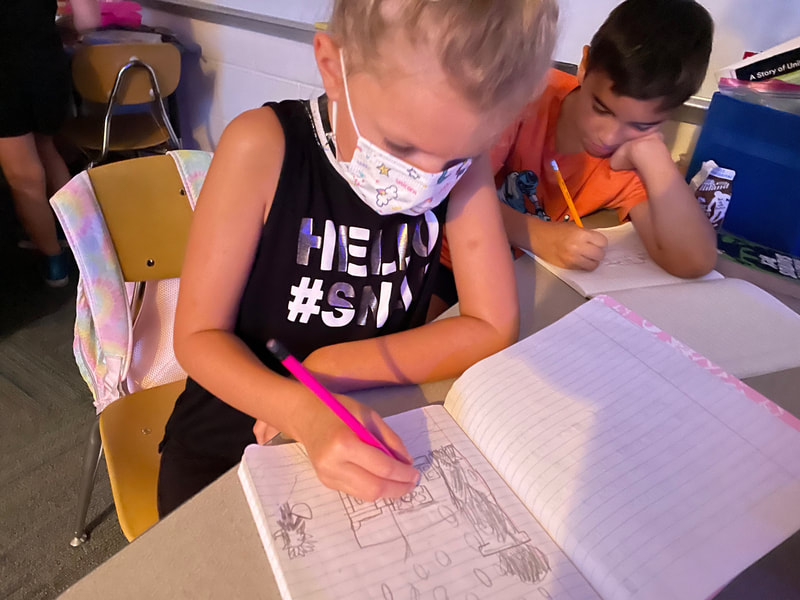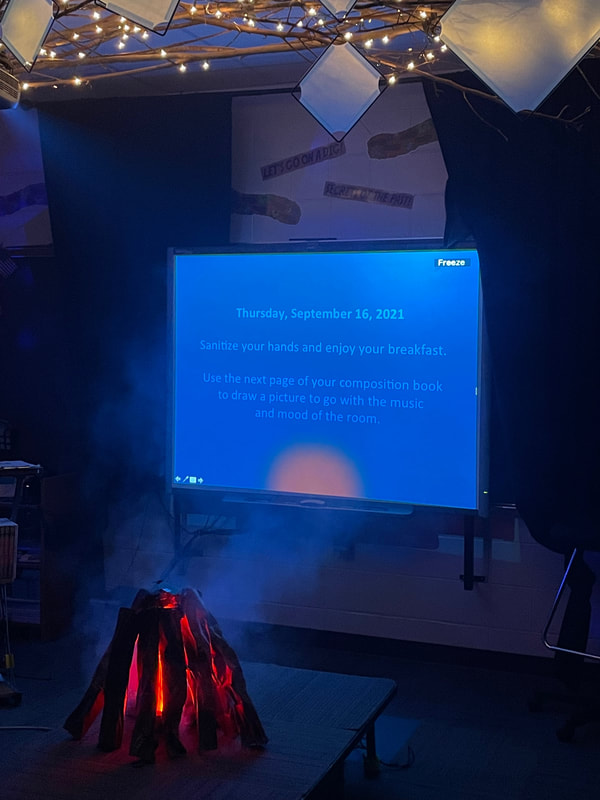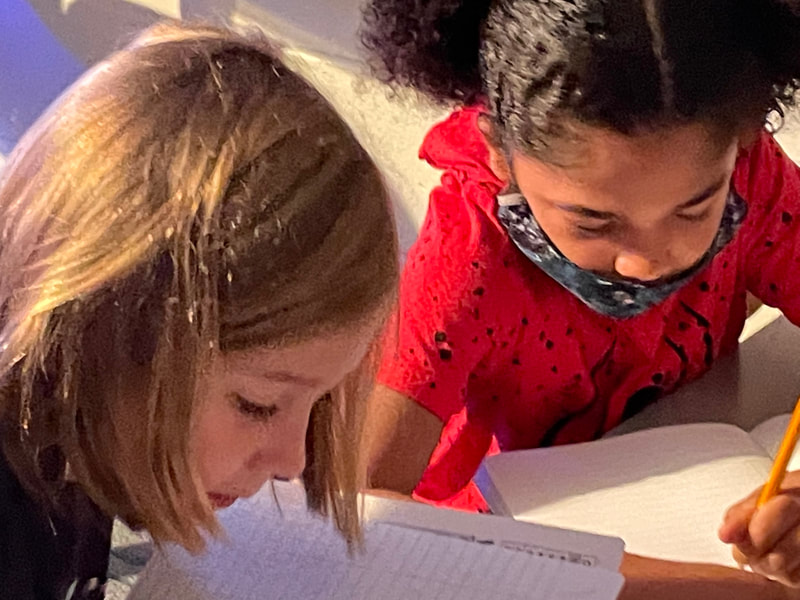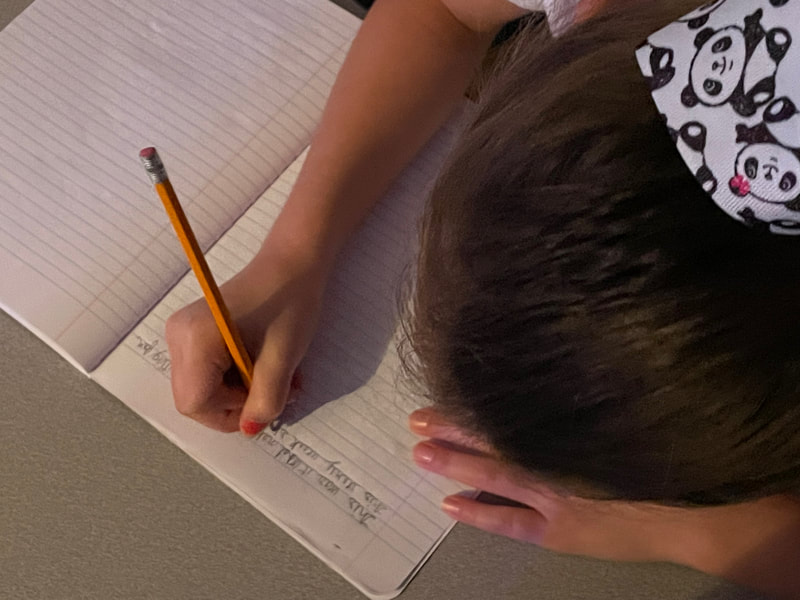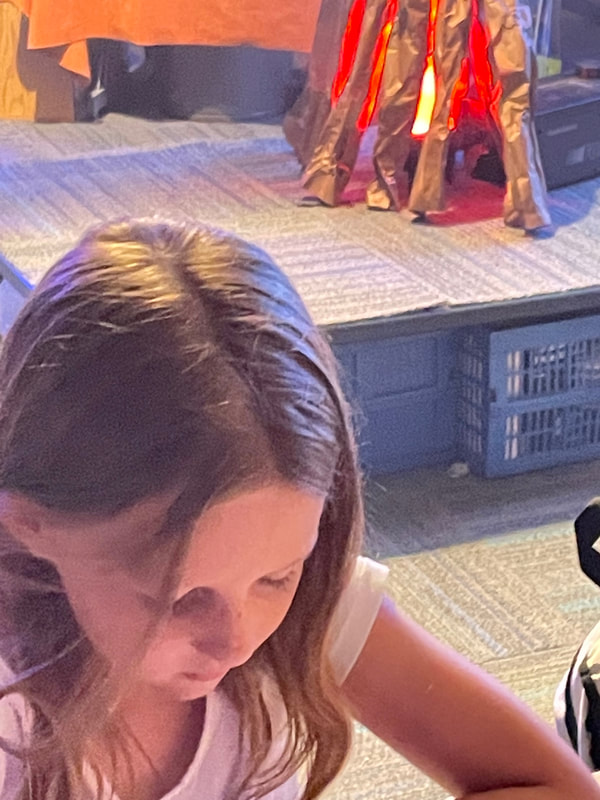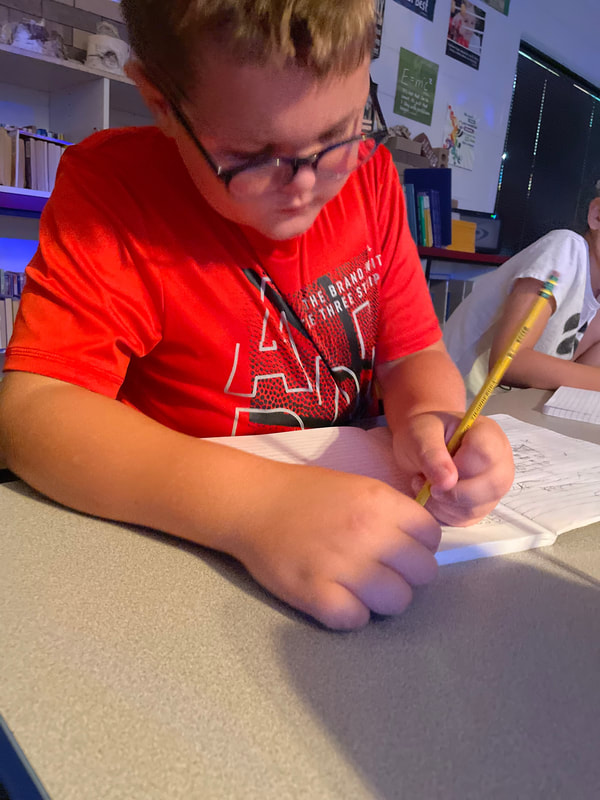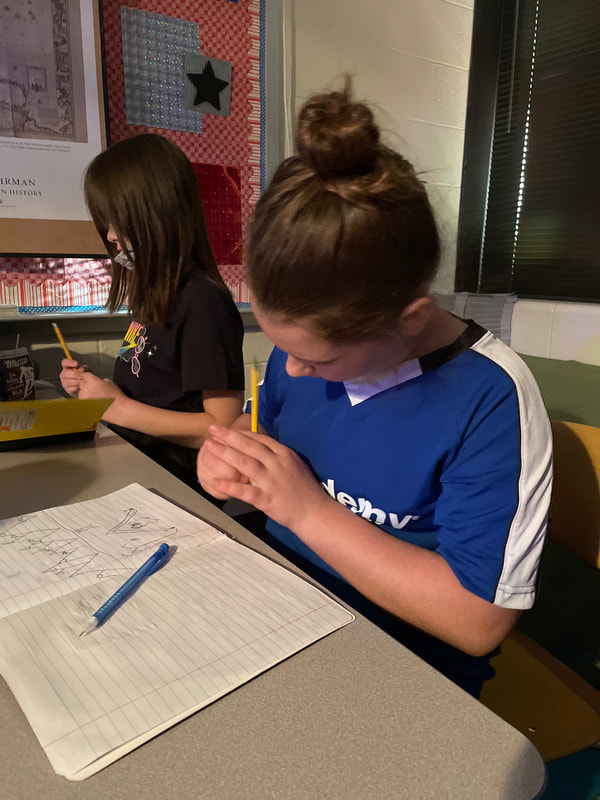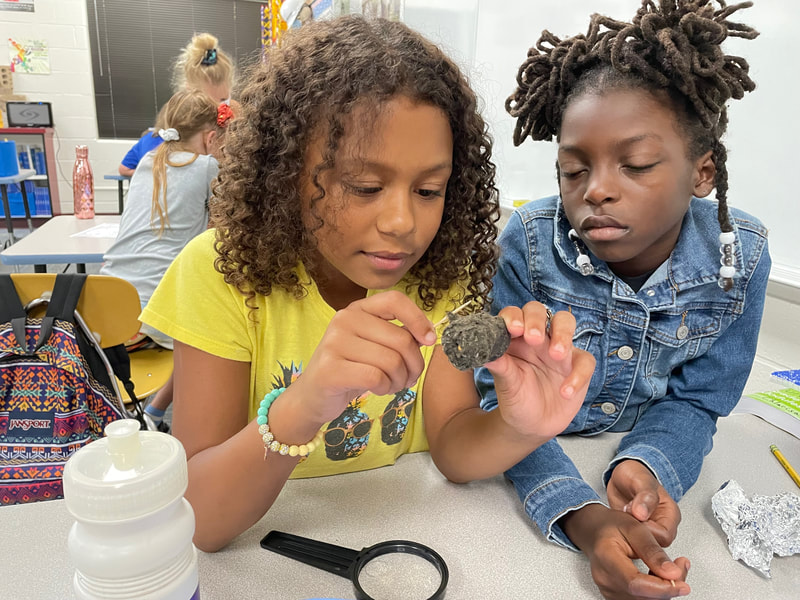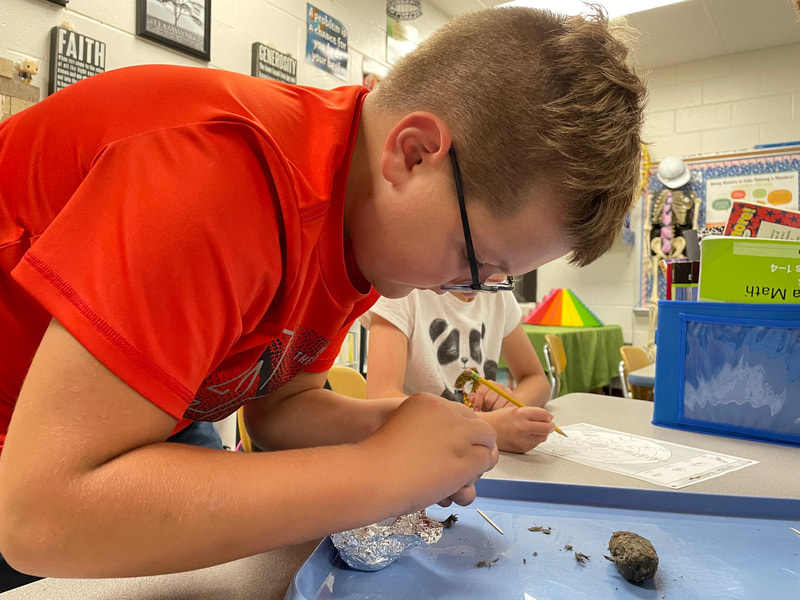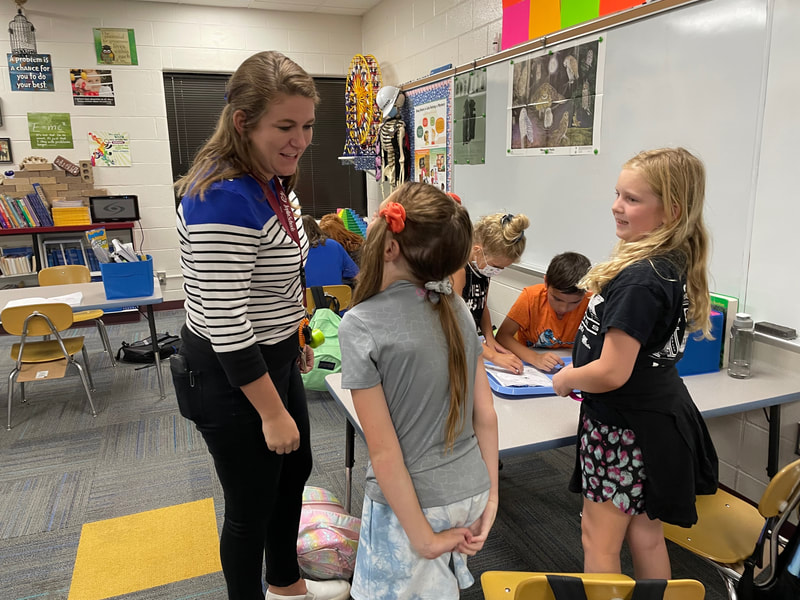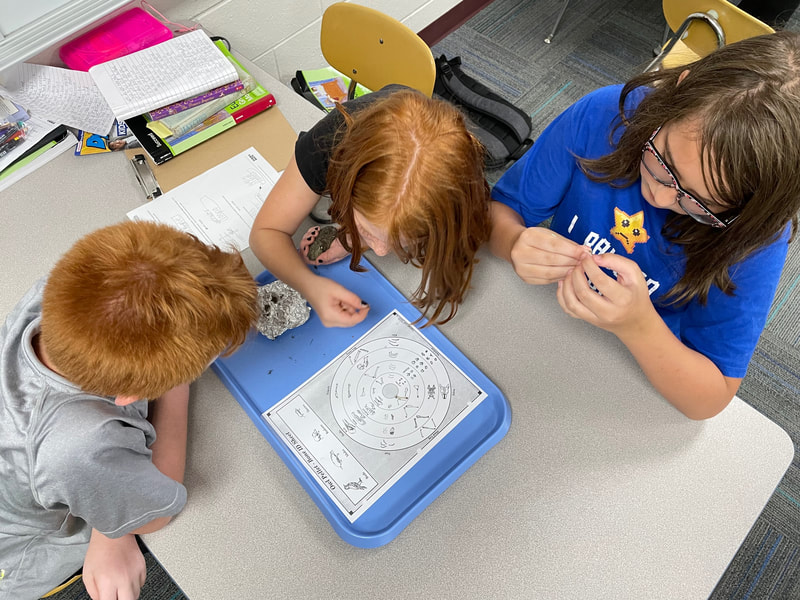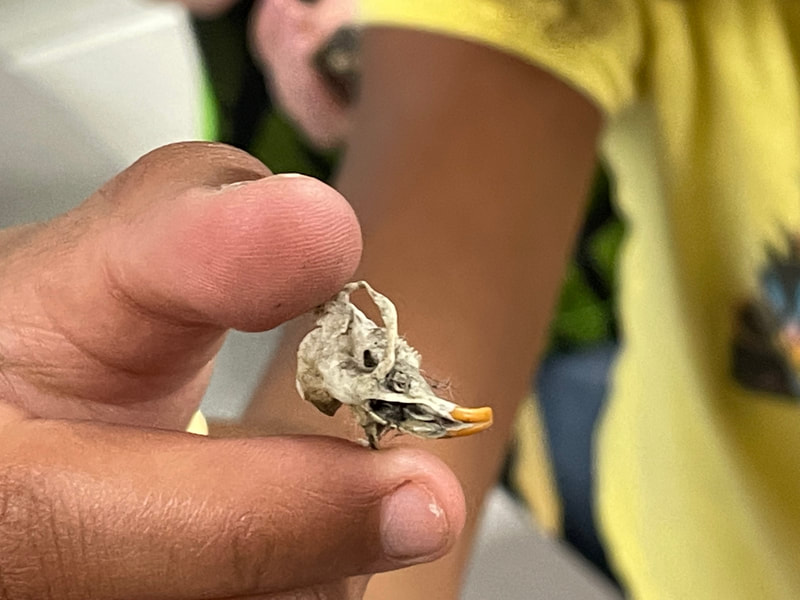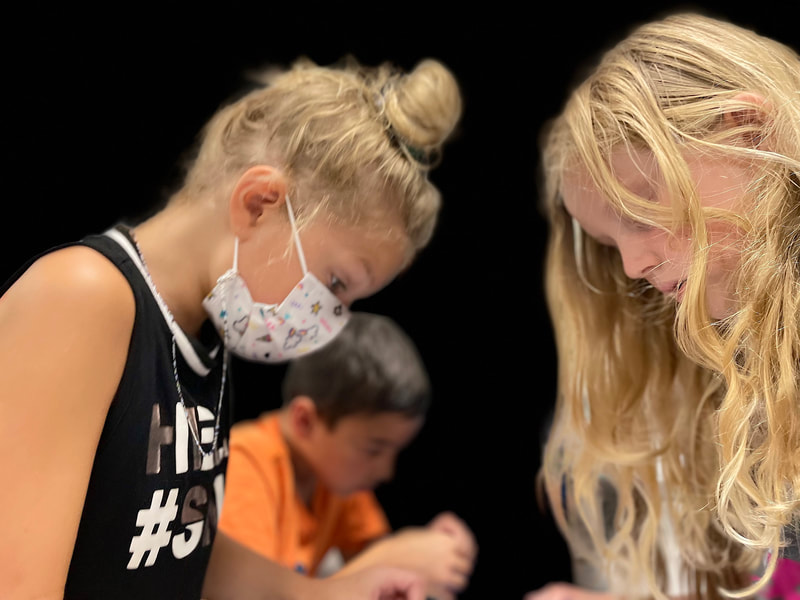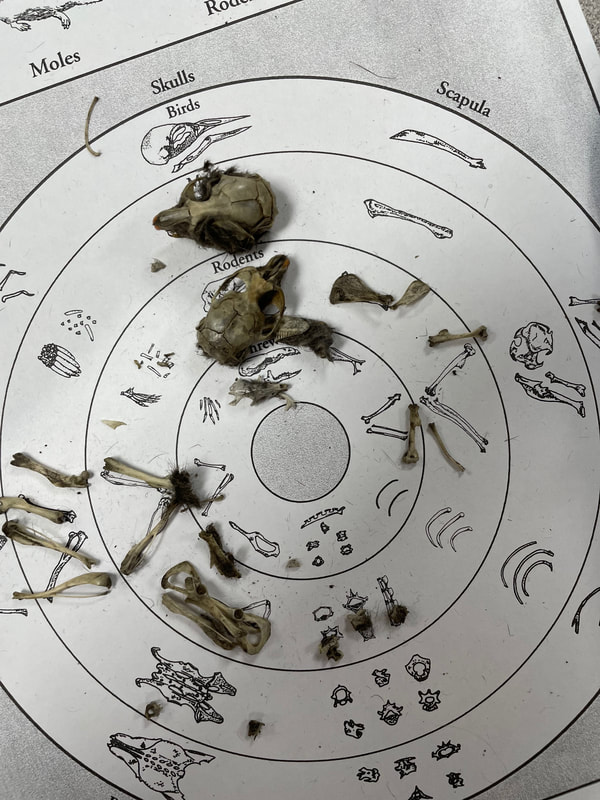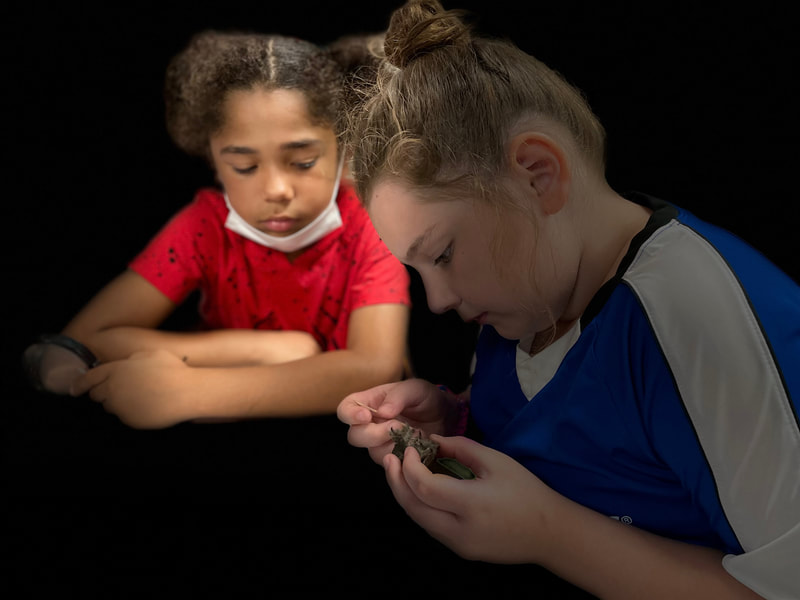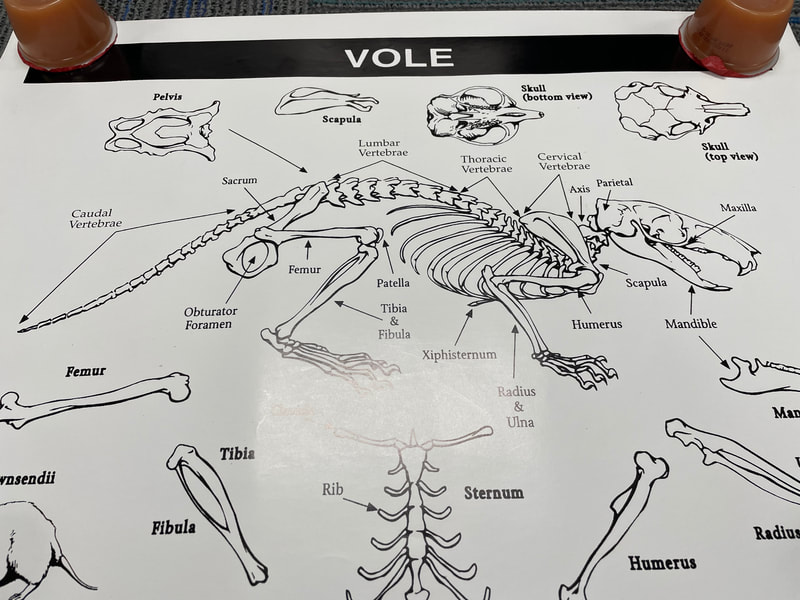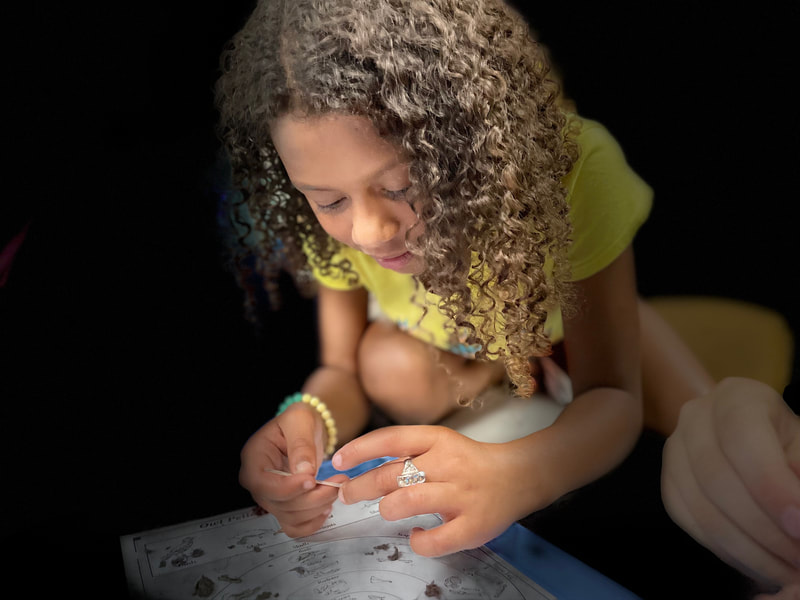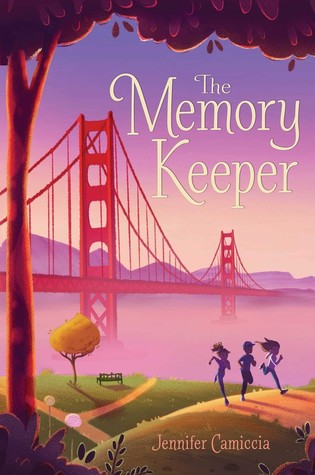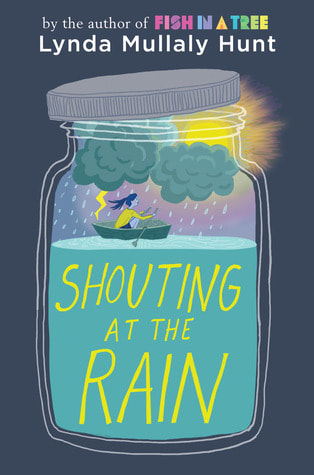| From Goodreads: When Viji and her sister, Rukku, whose developmental disability makes her overly trusting and vulnerable to the perils of the world, run away to live on their own, the situation could not be more grim. Life on the streets of the teeming city of Chennai is harsh for girls considered outcasts, but the sisters manage to find shelter on an abandoned bridge. There they befriend Muthi and Arul, two boys in a similar predicament, and the four children bond together and form a family of sorts. Viji starts working with the boys scavenging in trash heaps while Rukku makes bead necklaces, and they buy food with what little money they earn. They are often hungry and scared but they have each other--and Kutti, the best dog ever. When the kids are forced from their safe haven on the bridge, they take shelter in a graveyard. But it is now the rainy season and they are plagued by mosquitos, and Rukku and Muthu fall ill. As their symptoms worsen, Viji and Arul must decide whether to risk going for help--when most adults in their lives have proven themselves untrustworthy--or to continue holding on to their fragile, hard-fought freedom. ( |
|
Ever wonder what it would be like to be an abused, homeless child in India? You'd be salvaging trash to sell. You'd be eating out of dumpsters. You'd be trying to care for your little sister. You'd be protecting a stray dog. You'd be finding ways to legitimately stay alive with some friends while living on a bridge. Warning: this one is sad. I really have mixed feelings about how this one turned out. I rank Venkatraman's novel high, but I really wanted The Bridge Home to go in a different way. Still, this book is one of true survival, and it feels very real - like the author knew what it is like to be an abused, homeless child in India.
0 Comments
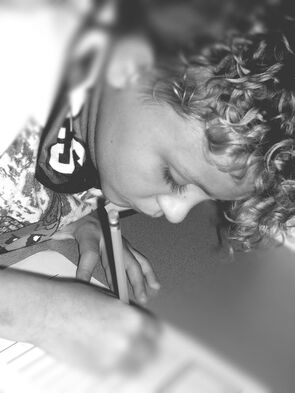 Have you seen the state of our world lately? It's as if we built it on a crumbling foundation. Unsupported walls are cracking as pieces of society tumble into the abyss of a sinkhole. Depending on which of many sides people ally themselves, the vision of what is tumbling might differ. Many cry victimhood or victory without trying to understand anyone else's point of view. In my day, we called it closed mindedness, and I can't claim to suffer from it, as well... but I'm trying daily to open my mind to opposing views. Granted, that doesn't mean I will adopt those views as my own, but it should serve me better to understand where others stand, how they got there, and why they believe as they do. Does someone feel oppressed? Enslaved? Beaten? Why do they feel that way? Is it a result of their upbringing? Their atmosphere? Their education? Does someone act superior? How did they get there? Is it because they were taught hatred? Is it a because they have a lack of diverse experiences? Do they get their news from biased sources? Have they heard both sides? Are their families talking about things without any substance to back up their opinions? Or have they done their homework? Do they know the platforms? Have they applied foundational beliefs to their conversation. One thing we do know is that humanity is complex...and that's where history comes in handy as a solution. Before family fails, before education falls, before society becomes antisocial, before civilization is uncivil, our education system must realize the solution. Outside of religious benevolence and evangelism, history teaches about difficult dilemmas, stumbles, errors, and bad decisions. History can teach sportsmanship better than team sports, formal grammar better than a writing textbook, comprehension better than a literature course, geometry, probability, statistics, and so much more. More than anything, the subject of history is where we find civics and citizenship. It's so much more than dates and dead guys. It is stories, characters, plotlines, and settings. The problem with any plea for more history lies with the fact that elementary teachers do not specialize in history. They often feel that they don't know enough (and they would be right). And that's where we find ourselves - breaking the cycle: when teachers fail to interest their students in history, the students who grow up to be teachers will also fail to interest their students in history.
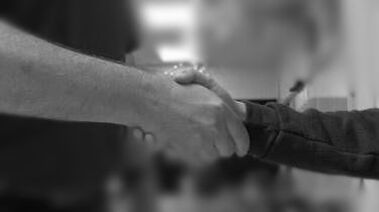 When we hit the one-month mark, last week, I began to see the spark that makes a cohesive Hoggatteer classroom. It took a little longer, this year, but we are starting to develop the classroom personality that I am accustomed to having. I really saw it for the first time on Thursday, September 16. This was the day that we started with writing to go along with the mood of the room - the day that students entered to a smoking and flickering campfire and "cold" lighting. Later that same day, they got to dissect owl pellets, and in this, they worked as effective cooperative groups for the first time. Miss Horn, a teacher from across the hall, came to observe our class during this time and gave students the opportunity to practice skills that we had only discussed until then. Those skills involve greeting visitors to our classroom with a handshake and introductions. LOGAN rocked the greeting right away! When Miss Horn approached his table, LOGAN stood and greeted her, offering his chair for her to sit in and inviting her to see what the group was actively working on. Other students and other groups followed suit, and Miss Horn was taken aback by the kindness. In addition to seeing an engaged group of students, she saw students practicing the discipline and good citizenship that I have spent so much time stressing. Then, on Tuesday, September 22, our junior intern from Missouri Southern State University visited for the first time. Miss Cornforth is a young lady who is studying to become an elementary school teacher. Admittedly, she was a little nervous, coming into a fourth grade classroom for the first time since she herself was in the fourth grade, but after EMILY greeted and invited to see her group's activities, she felt comfortable and welcomed. I wish some others could see through my eyes when these things happen. They, too, would be impressed and heartened to see a generation of kids stepping up to exhibit such maturity and good manners. Once again, there is so many other things that students must have to get them ready for learning curriculum and establishing data points. This is something that some administrators and legislators in our country refuse to understand. I know and continue to daily advocate this to educators whenever they are listening. I do not follow Bored Teachers on Facebook, but a meme reposted from them by some of my peers strikes a nerve along these lines: it said, "All the data in the world cannot accurately measure the love and heartbreak that goes into a single day of teaching children whose needs go far beyond the curriculum." I agree wholeheartedly with that statement. It is well-worded, but it does not go far enough. I would stress that their statement should encompass the entirety of our student population: yes, every student requires more from us than just common assessments, achievement testing, and pacing guides! Worst title. Poor grammar in the title Unappealing cover art. My opinion, of course. I dreaded reading this selection from the 2021/2 Mark Twain Award nominees. I definitely judged this book by its cover. In 300 pages, Me and Sam-Sam Handle the Apocalypse is, so far, the best of the books I've read on this year's list. Author Susan Vaught has finally brought us the character that others have only tried to convey - a girl with high-functioning autism. Jesse reacts to bullying in a way that a high-functioning autistic child might really react. Her new friend Springer is amazing in his ability to soothe Jesse's meltdowns and help her understand what is happening. The so-called Apocalypse turns out to be a tornado that destroys Jesse's house, along with many other structures in town. With our local knowledge of tornados, I kept thinking the tornado would become a big event that took over the plot, but Vaught successfully made the storm into the story. I was the vehicle that brought the book to its conclusion.
I didn't give this novel my highest marks, but there was plenty of drama here. Unfortunately, a couple of Jesse's and Springer's conversations delved into the "restroom" differences between boys and girls and the protection of girls' and boys' developing bodies. The book would have held up without trying to evoke uncomfortable edginess.
We only spent about 15 minutes making their original observations before we shared a classroom discussion about their findings. We talked about the soil and the nails, and students helped their teammates interpret the evidence they had already gathered. Then, they each recorded a correctly formed paragraph, complete with a main idea and three supporting details.
Real bones. Real dissection. Real science
As a follow-up, they completed a vole "stick" sheet, attaching every type of bone to the paper for display.
This book from the Mark Twain Award list for 2021/2 has an interesting premise: a girl with a superior memory tries to rescue her grandmother's memory. The only problem is that her grandmother is beginning to exhibit signs of dementia or alzheimer's. Another issue is fact that her grandmother has a hidden past that granddaughter Lulu can't leave alone; she believes that if she can figure out her grandmother's past (which might include being a Russian spy), all of the memory issues will be resolved.
The author presents the story by explaining a different part of the brain in each chapter. I thought this was interesting as I have always wondered what's happening in that strange organ in the skull really does. Brain research keeps revealing that we don't know very much about the complexities of the human brain and how it does what it does.
Unfortunately, there is not as much of a climax and resolution as I would have liked. Also there was no need to introduce to the incident of Lulu's "coming of age/becoming a woman", which had nothing to do with the story. Finally and perhaps most glaring, there is an awful lot of repetition with Lulu narrating over and over her fears and anxieties. The book could have saved several of the over 300 pages by trusting the reader to understand those things rather than feeling like we needed to be reminded so often. "I have never been lost,
but I will admit to being confused for several weeks." (Daniel Boone) Originally Posted July 16, 2016  Traffic easily becomes congested if we all take the same road, but it's important to note that this metaphor does not apply to every situation. Traffic easily becomes congested if we all take the same road, but it's important to note that this metaphor does not apply to every situation. We need to be on the same page, they say. But why? That doesn't sound like a celebration of diversity at all. They say this because they believe something will magical will happen if we all teach the same thing at the same time in the same way. But in doing so they ignore the obvious:
Face facts: I don't care to be on the same page as you are just for the sake of some kind of invisible club you believe exists. We can teach the same standards in different ways at different times, and believe it or not, the universe will not fold in on itself. In fact, I believe we are stronger when we encourage our differences. At our school, we have four fourth grade teachers. We are as different as the four points of the compass, and yet we get along quite cooperatively and affably. We are stronger because we disagree. We challenge each other. We recognize that we become stronger when we face resistance. People see how different we are, and they can recognize our unique dynamic. We are also able to handle student issues in different ways. Where one of us might have a weakness, another can step in and help. When one has run out of ideas, another steps up with suggestions. And we don't even try to be copies of one another. Instead, we put our individual strengths together for the good of the group. I'd much rather do this than be on the same page. It allows me to retain my identity and belief system with less compromise. I know who I am. I know my weaknesses. Certainly I can work to improve those weaknesses. But at the same time, I can enhance my strengths. Forcing my square peg into a round hole would only weigh me down with frustration. I need to own what I'm doing in the classroom. I need to make things my own. I can't take things verbatim; instead I need to rewrite, rewire, and redevelop things in my own way. Other teachers can re-, re-, re- in their own ways, as well. And we'll all be stronger for it. Because we're all different people, doing different things in different ways at different times. And that's OK as long as we're working diligently, respectfully, and professionally toward all the right goals and standards. Diversity in education is not only a good thing; it is essential for success. Read more of my Professional Pet Peeves series as they are posted.
I kept thinking, This is going to get good. Something exciting and interesting is going to happen. However, while characters were well-developed in this novel, and while there is great deal of Cape Cod charm sprinkled throughout, from the first page to the last, this is really just a look into one girl's life during one summer. Delsie's relationships with her friends change during these pages. The reader might be tempted to think a relationship with an estranged acquaintance will come to verbal fireworks, followed by resolution, but belay that thought (It's not going to happen.). The reader might think somebody might find romance, don't think that's going to happen either. The reader might believe somebody's going to suffer in a bad storm, it doesn't happen. The reader might imagine that one of the older characters will die, but they're all safe, as well. The fact is, none of these predictions, even though they are each inferred with the use of context clues, when the reader gets to the end of this Lynda Mullaly Hunt book, the book simply stops sharing information. The last line of the last page comes completely unexpectedly and leaves the reader hanging by many threads. The book doesn't really end as much as it just comes to the last page.
Check the Library Zone for more quick book descriptions and reviews.
|
AnthemThe Hoggatteer Revolution
is an extensive, award-winning, inimitable, digital platform for Encouraging and Developing the Arts, Sciences, and honest Christianity in the beautiful, friendly LAND OF THE FREE AND THE HOME OF THE BRAVE This site is described as
"a fantastic site... chockablock full of interesting ideas, hilarious anecdotes, and useful resources." 
...to like, bookmark, pin,
tweet, and share about the site... and check in regularly for new material, posted often before DAWN'S EARLY LIGHT! History in ResidenceElementary Schools: Bring Mr. Hoggatt into your classroom for a week of engaging and rigorous history programming with your students. LEARN MORE BUILDING BETTER
|
